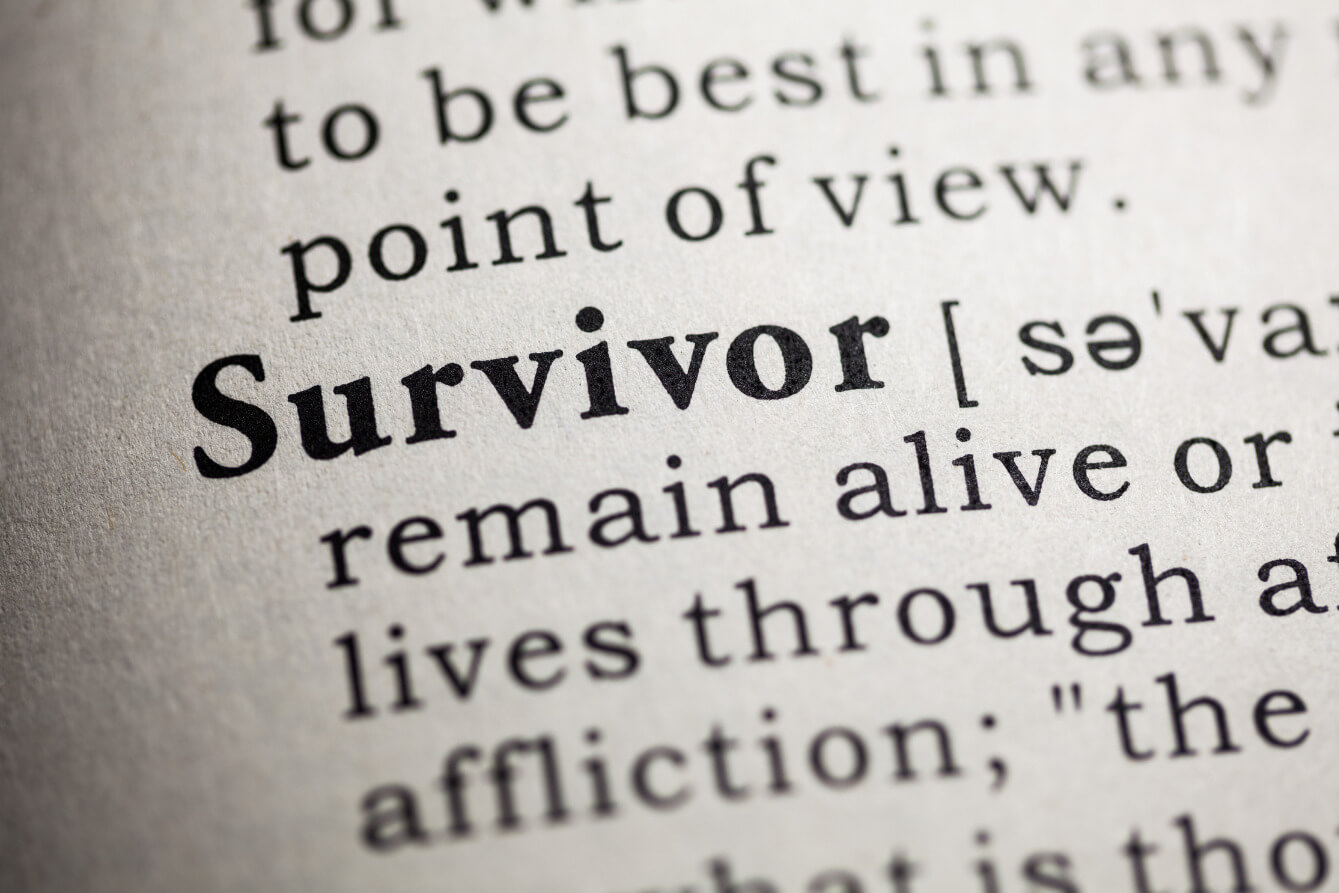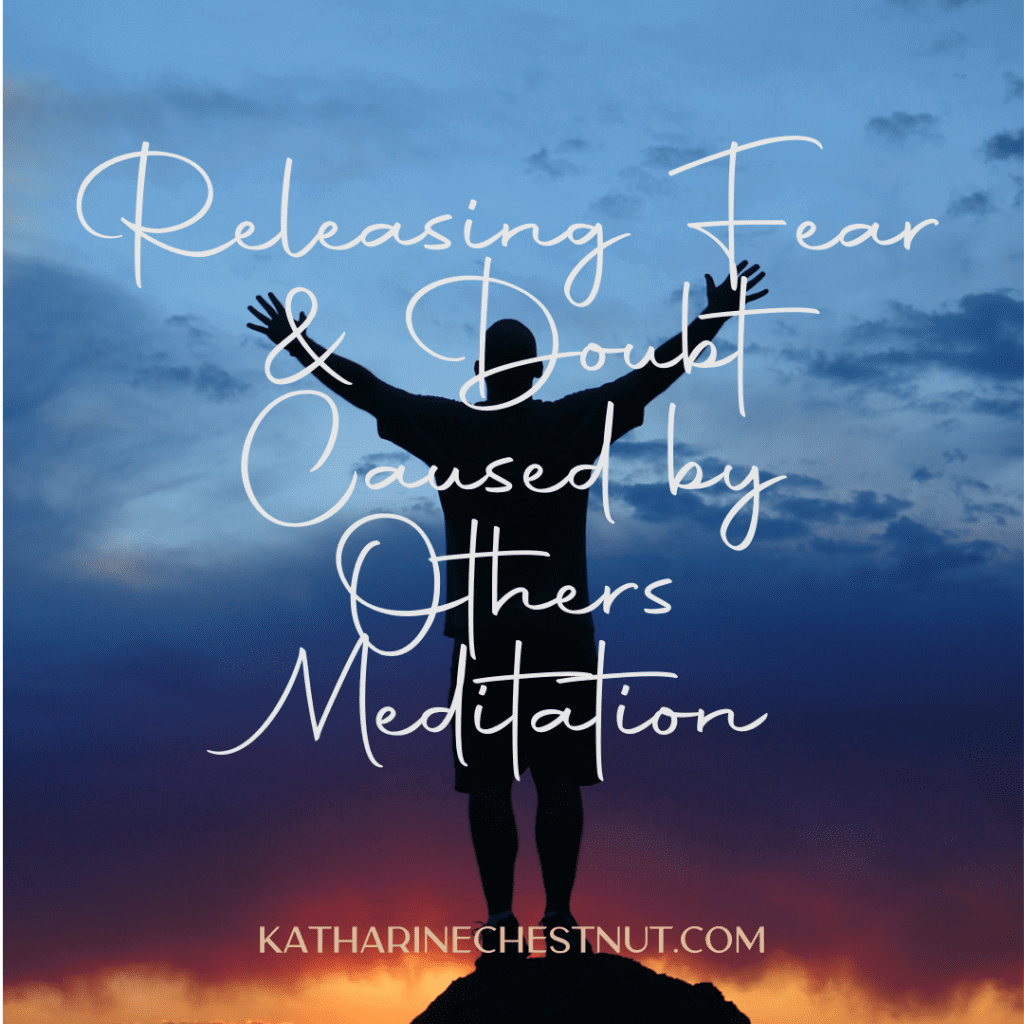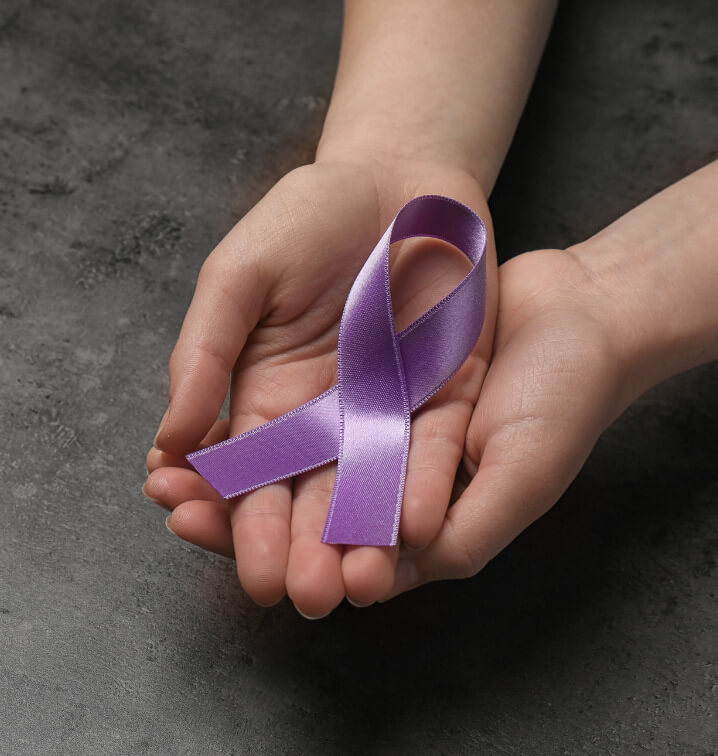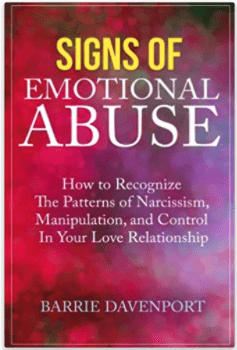
My Journey Through Narcissistic Abuse Unlocked My Authentic Self
My journey through narcissistic abuse was a tumultuous and painful experience, but it ultimately led me to rediscover my authentic self. My sense of self had been completely obliterated over more than a decade. While I endured the trials of this marriage, I found myself slowly losing my identity and questioning my self-worth.
As I started to recognize and, most importantly, acknowledge the manipulative, controlling behaviors I experienced, I began to accept that these were not a reflection of who I was, but rather a manifestation of my husband’s deep insecurities.
And let me tell you, this was a tough pill to swallow. The distortion of truth through disinformation, oversimplifying, ridiculing and sowing doubt, all classic elements of brainwashing, was complete. I thought and felt that everything wrong in my life, his and our family was my fault. After he announced that he planned to discard me for new supply (one of many I later learned), I almost didn’t make it out alive.
It was during those dark moments that I began to dig deep within myself to regain a sense of self and reclaim my life. The pit was very deep, very dark and the process of rediscovering myself was challenging and arduous. It ultimately proved to be incredibly liberating. By recognizing and breaking free from the toxic patterns of my past, I truly found a new and better self, able to thrive in my newfound identity and freedom.
Understanding Narcissistic Abuse
Defining Narcissistic Abuse
At the beginning of the healing process, I learned that narcissistic abuse is a form of emotional manipulation perpetrated by individuals with narcissistic personality disorder (NPD). People with NPD often exhibit unhealthy patterns of behavior, displaying grandiosity, unreasonable expectations of favorable treatment, and a marked lack of empathy for others. Victims of narcissistic abuse commonly experience gaslighting, contempt, and emotional withholding, leaving them feeling confused, isolated, and worthless.
Types of Narcissists
Narcissists come in various forms, and understanding their differences is crucial in identifying and overcoming the abuse:

- Overt Narcissists: These individuals display their narcissistic traits openly, with a grandiose sense of self-importance and a constant need for admiration. They are fairly easy to spot.
- Covert Narcissists: Unlike overt narcissists, covert narcissists may appear shy or introverted, but they still manipulate others with passive-aggressive behavior and a strong need for control.
- Malignant Narcissists: This type of narcissist combines narcissistic traits with antisocial, sadistic, aggressive, and paranoid tendencies, making them potentially dangerous to be around.
My husband was a combination of covert and malignant. I never saw the abuse coming since he could be incredibly charming and was adept at word salad. I’m unsure if he was fully cognizant of his destructive behavior in the beginning. However, as he grew into NPD and honed his craft, he was extremely conscious of the harm he was causing the last few years. Ultimately, it doesn’t matter if he, or any other narcissist is aware of the damage they leave in their wake. What they do, say and their behavior is very much abusive. I liken it to water torture since it wears you down while causing fear and mental deterioration.
Traits of Narcissistic Personality Disorder
As I tried to make sense of my experience, I found it helpful to learn about the traits of narcissistic personality disorder. You can find more about a person with NPD here.
By better understanding this disorder, its different types, and the traits to expect, I was able to recognize the patterns in my past relationships with narcissists. This knowledge ultimately empowered me to confront the abuse, heal from its effects, and find myself again.
Listen to my meditations on the free Insight Timer app OR YouTube 🧘
Recognizing Signs and Patterns
One of the first books I was recommended to educate myself was Signs of Emotional Abuse: How to Recognize the Patterns of Narcissism, Manipulation and Control in Your Love Relationship by Barrie Davenport. I wept almost all the way through as I had horrifically lived through each of the covert tactics described in this book. If your partner has a way of reinforcing any self-doubt, turning the tables on you to make you feel crazy, selfish, and unlovable, this book on abuse is for you.
Manipulation Techniques
After my experience, I was able to recognize certain manipulation techniques that were constantly used against me. These techniques included love bombing, where I was showered with affection and attention at the beginning of the relationship to make me feel special. There were also constant and subtle criticisms to control my behavior, my friendships, and limit my family interactions. I realized later my husband, who seemed to love me so much, was actually working to isolate me from my support system to gain more control over my life.
Gaslighting and the Silent Treatment
Gaslighting became a persistent theme. The more I learned, the more I realized that my partner was consistently trying to influence my perception. This constant questioning of my reality left me feeling confused and unsure. I honestly thought that I was losing my mind.
In addition to gaslighting, I also endured the silent treatment quite regularly. My husband would withdraw affection and communication as a form of punishment for any perceived slight. The silent treatment left me feeling desperate for validation and love. I set reminders on my phone throughout the day to limit my sharing any thoughts or feelings that could potential trigger him (it didn’t take much).
Devaluation and Discarding
The devaluation phase of my marriage involved a very gradual shift from idealization to criticism, where my partner would find fault with things I did. This devaluation was often accompanied by subtle verbal abuse designed undermine my confidence and self-worth.
The discard phase followed devaluation and was a particularly painful experience. My husband distanced himself from me through travel and plenty of lies about where he was in the evenings. If I dared ask about any absences, the silent treatment was employed, leaving me feeling completely abandoned. When I was finally able recognize the patterns of devaluation and discarding, I gained a deeper understanding of the dynamics of abusive relationships and knew that I deserved better. I took steps to protect myself, establishing the boundaries I needed to reconnect with what I knew to be true and genuine.
Impact of Narcissistic Abuse
Emotional and Psychological Effects
I went through a range of emotional and psychological effects. My mental health was deeply affected, and I suffered from depression, anxiety, and a lingering sense of trauma causing PTSD. My self-esteem plummeted, and with every instance of rejection, I struggled to maintain a positive sense of self. Due to the constant belittling and emotional manipulation, I often felt a need to dissociate from the situation just to cope. I cried multiple times daily for more than 7 years (and hid my tears from everyone).
Physical Effects
The abuse didn’t just impact me emotionally and psychologically; it also took a toll on my physical health. Stress from the ongoing abuse led to sleep disturbances, fatigue, and a weakened immune system (I even developed sleep apnea which resolved itself almost immediately when the abuse was removed). I felt drained both mentally and physically, making simple daily tasks and routines seem incredibly challenging. My health suffered, and it took me some time to bounce back after the toxicity.
Impact on Relationships and Trust
One of the most significant challenges I faced was learning to trust others and form healthy relationships again. I became wary when interacting with people, as my previous experience led me to question others’ intentions constantly. My ability to form new relationships was hindered by fears of being rejected or manipulated in the same way.
Over the years, I became far more introverted than was normal and avoided unnecessary interactions. When traveling for work or at conferences, I would attend and speak at required sessions, quickly going back to my hotel room. I spent many hours in hotel rooms crying while trying to figure out what was wrong with me. This had an unavoidable impact on my overall ability to connect with others, form new bonds and get the support I needed.
As I began to heal, I started rediscovering my strength and knowledge. It was a long and difficult path to walk. Eventually, I reconnected with my inner power, confidence, and self-worth. I discovered that I could trust others as I learned to trust myself again. This realization was a crucial turning point for me, allowing me to regain my sense of identity. As a survivor, I am proud to say that I have grown stronger and more aware through my experiences.
Listen to my meditations on the free Insight Timer app OR YouTube 🧘
Healing and Recovery
Seeking Professional Help
Seeking professional help was a major step in my healing process. While working with a therapist that was well versed in NPD, I was introduced to various coping strategies and treatment plans. This therapeutic approach helped me to deal with my anxiety, depression, and low self-worth, which are some of the long-term effects of narcissistic abuse.
Narcissistic Abuse Recovery Program
I stumbled across Melanie Tonia Evans and NARP when I was at my lowest point. Melanie is a narcissistic abuse recovery expert, healer, author and radio host provides healing methods that allow you to thrive. Her step-by-step system for healing from this specific type of abuse walks you through the healing process to create an abuse-free life.
The program is worth every penny and I still listen to the modules regularly.
Establishing Boundaries
Another essential aspect of my healing process was reestablishing healthy boundaries. By setting limits and safeguards, I protected myself from further harm. Initially, this was through using the grey rock method and ultimately going to no contact. I was able to separate my needs and emotions from those of the abuser, enabling me to take control of my life. Through consistent practice, I became better at asserting these boundaries, making it more difficult for others to manipulate or take advantage of me.

Building a Support System
Another crucial component of my healing was recreating a strong support system. I surrounded myself with compassionate and understanding individuals who were truly interested in my well-being. Especially those that I had avoided sharing my shame and distress with (like my sister). Joining support groups and connecting with other survivors of narcissistic abuse also played a vital role in my recovery. Sharing my experiences with people who had been through similar situations helped validate my feelings and provided a safe place to address the challenges I faced during this difficult time.
Rediscovering Your Authentic Self
Exploring Personal Interests
One of the first steps I took in my journey of rediscovering myself was reconnecting with my personal interests. The years spent with my narcissistic husband had led me to suppress my own interests and passions in favor of his. I started by making a list of things I used to enjoy and missed doing. To my surprise, many of these activities brought back feelings of calm and satisfaction I had long forgotten. I even found new interests and was comforted in learning and growing outside of the shadow of the narcissist’s control.
Developing Confidence and Self-Worth
As I began to engage in my own interests, I recognized that my self-worth and confidence had been severely impacted by the emotional and mental abuse I experienced. I understood that rebuilding these aspects of myself would take effort and patience. To do so, I returned to my Inner Affirmations journaling to document my progress, feelings, and accomplishments. This was an invaluable tool in helping me heal deeply.
Creating a Positive Self-Image
The lack of empathy from the narcissist had chipped away at my self-esteem, leaving me with a distorted self-image. To overcome this, I began focusing on my positive qualities and celebrating my achievements, no matter how small. I learned to appreciate my unique personality traits and embraced my true worth.
Building a positive self-image also involved silencing my inner critic and replacing negative thought patterns with constructive ones. I created my own Inner Affirmations and meditations designed with the reinforcement I needed to recover.
Rediscovering my authentic self has been a challenging and rewarding path. I have been able to break free from the tight grip of abuse while developing new skills and embracing gifts that have helped me to become a better, stronger person. I don’t regret a moment of those years since I am grateful for the ongoing opportunity to grow, learn, and flourish as my true self.
Listen to my meditations on the free Insight Timer app OR YouTube 🧘








